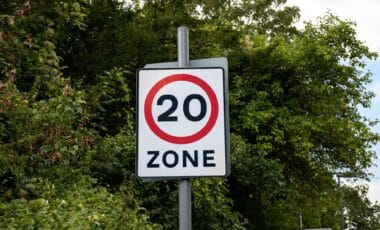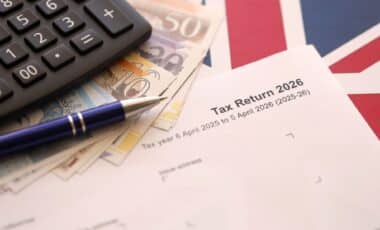Over two million households across England are set to see council tax bills rise by up to 10% this year, as the government greenlights above-inflation increases for struggling local authorities. The move, aimed at shoring up cash-strapped councils, has sparked political controversy, with critics accusing ministers of shifting the financial burden onto taxpayers.
Councils Granted Unprecedented Tax Rises Amid Funding Crisis
The government has permitted six local authorities to raise council tax beyond the standard 5% cap, with increases ranging from 7.5% to 10%. Windsor and Maidenhead Council initially sought a 25% hike but was granted a 9% rise, while Bradford Council will impose a 10% increase. Birmingham, Somerset, and Trafford councils will raise rates by 7.5%, and Newham Council will match Windsor and Maidenhead’s 9% rise.
Health and Social Care Minister Karin Smyth defended the decision, telling Sky News that the approved councils are “particularly desperate” and require additional funds to maintain essential services. She revealed that many more councils had requested permission for higher increases but were denied.
Deputy Prime Minister Angela Rayner confirmed the move, stating that the average national council tax rise would not exceed last year’s 5.1%. She also announced a 6.8% increase in central funding for local authorities, alongside nearly £4bn earmarked for social care.
However, the decision has drawn criticism from opposition parties and local government representatives. The County Councils Network (CCN), which represents 37 councils, warned that many authorities are already at breaking point. Barry Lewis, the CCN’s finance spokesperson, said, “More than four in five CCN members say they are in a worse position than before the autumn budget and this finance settlement, and one-third say their service reductions next year will now be severe.”
Political Row Erupts Over Tax Burden and Broken Promises
The council tax hikes have ignited a fierce political debate, with the Conservatives accusing Labour of reneging on its promise to freeze council tax. Shadow Communities Secretary Kevin Hollinrake argued that Labour’s policies are forcing councils to raise taxes to cover increased costs, such as higher employer national insurance contributions and minimum wage rises.
“Their Local Government Finance Settlement will mean that councils will have to raise council tax to accommodate Labour’s jobs tax. This means that local people will pay more for less when it comes to local services, especially in rural areas which are losing the Rural Services Delivery Grant that Labour have abolished.” Hollinrake said, referencing the abolition of the Rural Services Delivery Grant. He accused Labour of making “false promises” to voters, claiming the government is prioritising political choices over fiscal responsibility.
In response, the government has allocated £502m to help councils manage the impact of rising employer national insurance contributions. However, critics argue that this falls short of addressing the systemic underfunding of local authorities.
As millions brace for higher bills, the debate over council funding underscores the challenges of balancing fiscal responsibility with the need to maintain vital public services. With councils warning of severe cuts and taxpayers facing steeper costs, the issue is set to remain a contentious topic in the months ahead.









